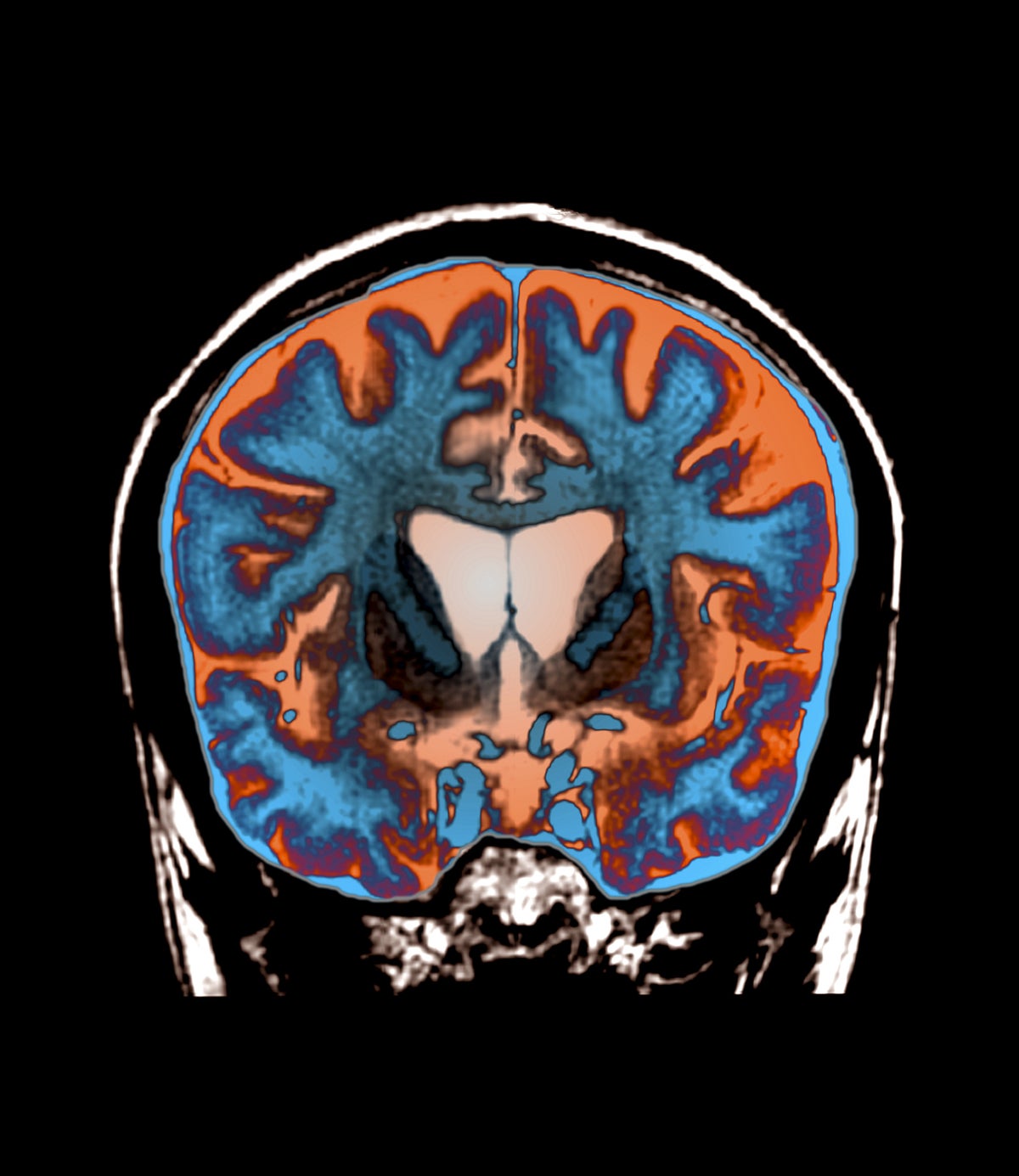
"But last Wednesday was a day unlike any other. I cried with every single patient, Sung says. It just was this crazy feeling that, for the patients and families, almost can't feel real. That day the results of important phase 1/2 clinical trials had finally been released: an experimental gene therapy drug was the first treatment shown to slow the progression of Huntington's disease."
"The treatment, known as AMT-130, is delivered deep into the brain during an eight- to 10-hour surgery. The trials were small; the three-year follow-up results were based on just 24 participants who received the treatment. These results showed a 75 percent slower progression of disease among treated patients than that of external control participants who were not given the treatment, according to the new therapy's developer uniQure, which posted the results ahead of their review by the Food and Drug Administration (FDA)."
Neurologist Victor Sung sees people with Huntington's disease weekly at the University of Alabama at Birmingham. An experimental gene therapy, AMT-130, is delivered deep into the brain during an eight- to 10-hour surgery. A small phase 1/2 trial reported three-year follow-up results based on 24 treated participants. uniQure reported a 75 percent slower disease progression among treated patients compared with external control participants. uniQure posted the results ahead of FDA review and seeks accelerated approval that could permit marketing by the end of 2026 without phase 3 trials. The therapy remains investigational and is not yet widely available, but the findings have produced measured hope.
Read at www.scientificamerican.com
Unable to calculate read time
Collection
[
|
...
]